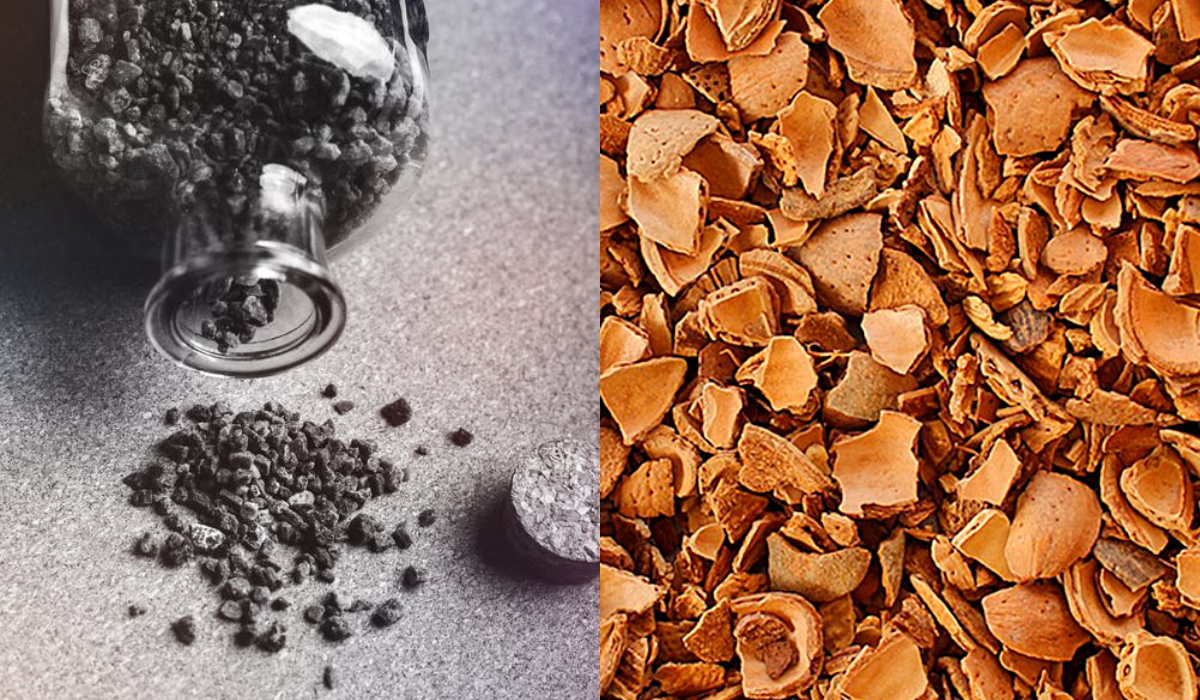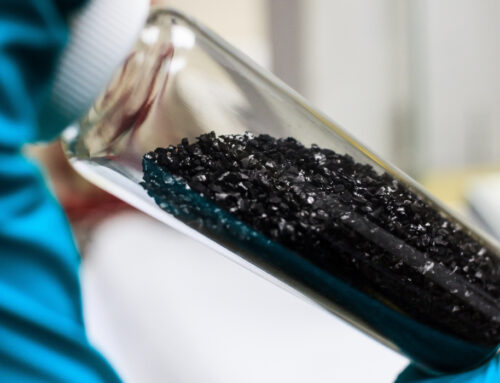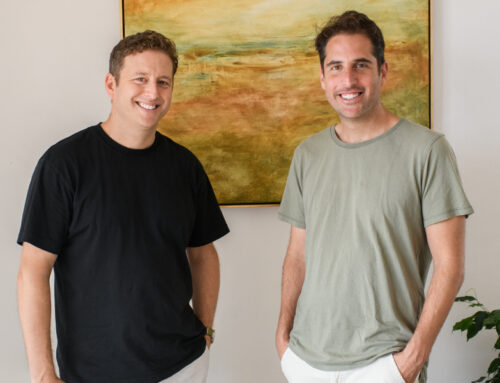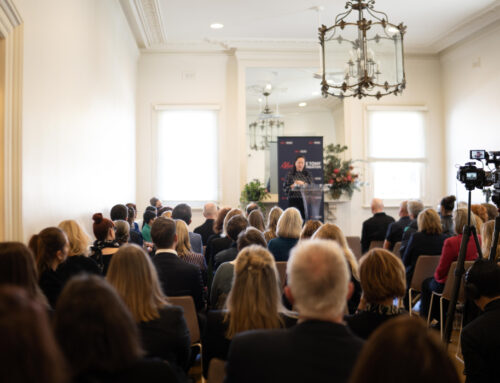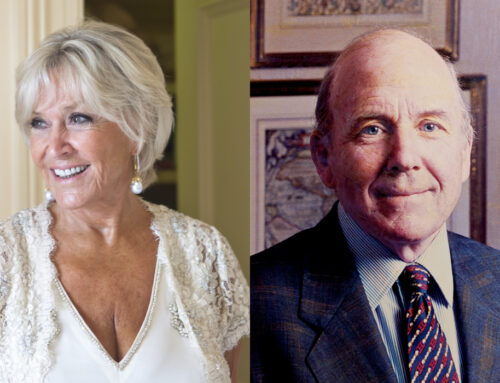When Lewis Dunnigan graduated from a chemical engineering degree at Edinburgh University, he decided not to follow the career path most of his fellow graduates were taking into the oil and gas industry, and instead forge his own path.
“The thing that interested me the most was the materials science part of chemical engineering. I thought R&D opportunities – either developing new functional materials from scratch, or improving on existing ones [and] exploring things with a positive environmental impact – sounded really exciting.”
Fast forward just a few years and, after moving to Australia for six months to undertake research at the University of Adelaide, the chemical engineering PhD-turned-entrepreneur is now the co-founder and CEO of Bygen.
A combination of the words ‘by-product’ (agriculture and forestry) and ‘generation’, Bygen is a climate tech company that’s going a long way to helping preserve our planet through manufacturing environmentally-friendly activated carbon. Co-founded in 2018 in Adelaide, the company is now headquartered in Melbourne and looking to have a team that is 10-strong by year’s end.
It’s fair to say most people would be unfamiliar with what activated carbon – commonly referred to as activated charcoal – actually is, while fewer still would be aware how crucial it is to everyday life.
“It’s fundamental in producing clean drinking water, it’s fundamental in cleaning emissions from industry in terms of what goes out the stacks, and also increasingly being used to remediate contaminated soils and lands,” Lewis says. “So, it touches on a lot of different factors in daily life and if activated carbon ceased to exist, we’d know pretty quickly there was something majorly wrong.”
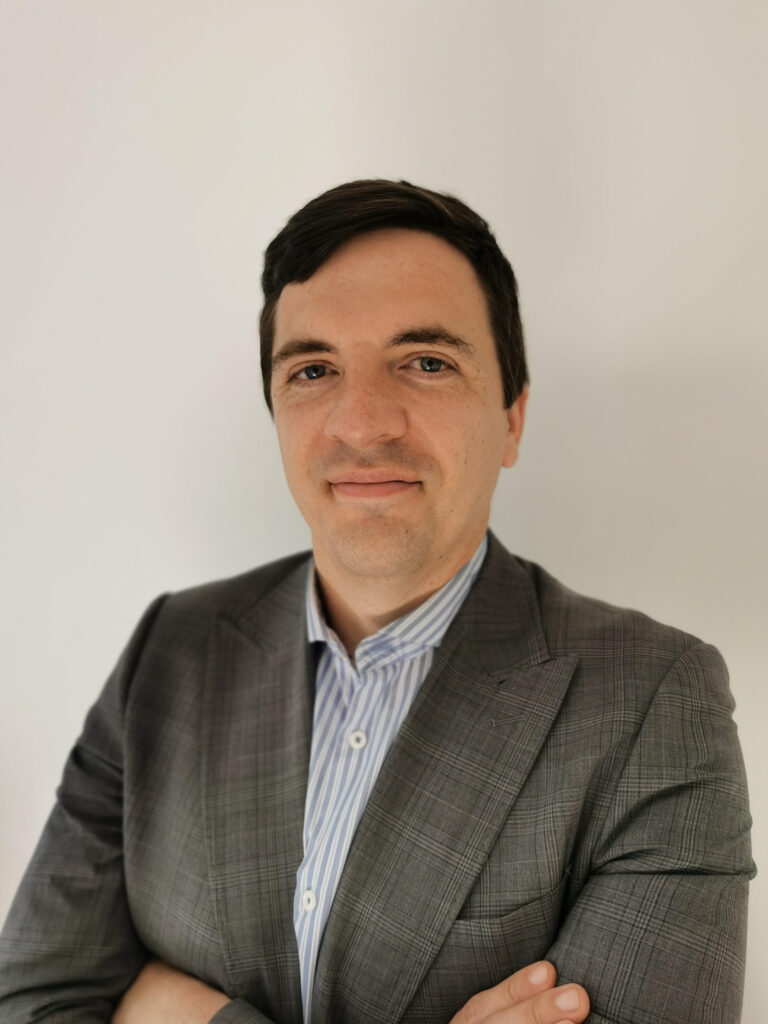
Bygen’s Lewis Dunnigan.
The trouble is, the traditional method of producing activated carbon is harmful to the environment in its reliance on non-renewable fossil fuels to create intensive energy, leaving behind a big carbon footprint. Currently, raw materials such as coal or coconut shells are heated to high temperatures in an oxygen-free environment to produce a charcoal-like material that is then exposed to steam heated to extremely high temperatures of 1000 degrees.
Bygen on the other hand has developed unique technology to produce on-site, high-quality activated carbon at a fraction of the cost of traditional methods. The sustainable approach takes agricultural waste, such as nutshells, and uses its own mixture of gases to replace the steam, eliminating the need for external energy.
“Bygen is trying to solve the existing dichotomy between the beneficial applications of activated carbon and the harmful way it’s made. Our alternative production method is a lot greener, carbon negative, makes a very good product and from a business point of view has superior economics to the traditional way of making it,” Lewis says.
The advantages are manifold: Bygen’s production method reuses millions of tonnes of agricultural waste discarded annually, saving on landfill, while the method is carbon-negative because in activating the carbon it sequesters carbon dioxide, enabling Bygen to claim carbon credits at its production sites.
In an activated carbon market predicted to be worth close to $15B AUD by 2026, Bygen is looking to take a meaningful share.
“We’re the only ones producing activated carbon from sustainable inputs in Australia,” Lewis says.
Bygen currently has three production units in its factories in Melbourne, another has been commissioned in Adelaide, while further production units are in the pipeline at forestry and nut processing sites in both Australia and overseas.
“It’s always been the goal to grow the business in the US, and California in particular, given its abundance of raw materials, combined with a much bigger end market.”
In 2023, Bygen was named among The Australian newspaper’s The List: top 100 green energy players. Breakthrough Victoria recently led a $2.6 million pre-Series A funding round that included Alberts Impact Ventures, Investible and several existing shareholders.
“Alberts was attracted by the resilient and dogged nature of Lewis and his team and the dual positive impact of the Bygen product,” says Alberts Impact Ventures’ head of strategy, Glenn Bartlett. “Not only is it used primarily to clean up and purify the environment, but it does so by capturing CO2 in the process. A total win/win.”
